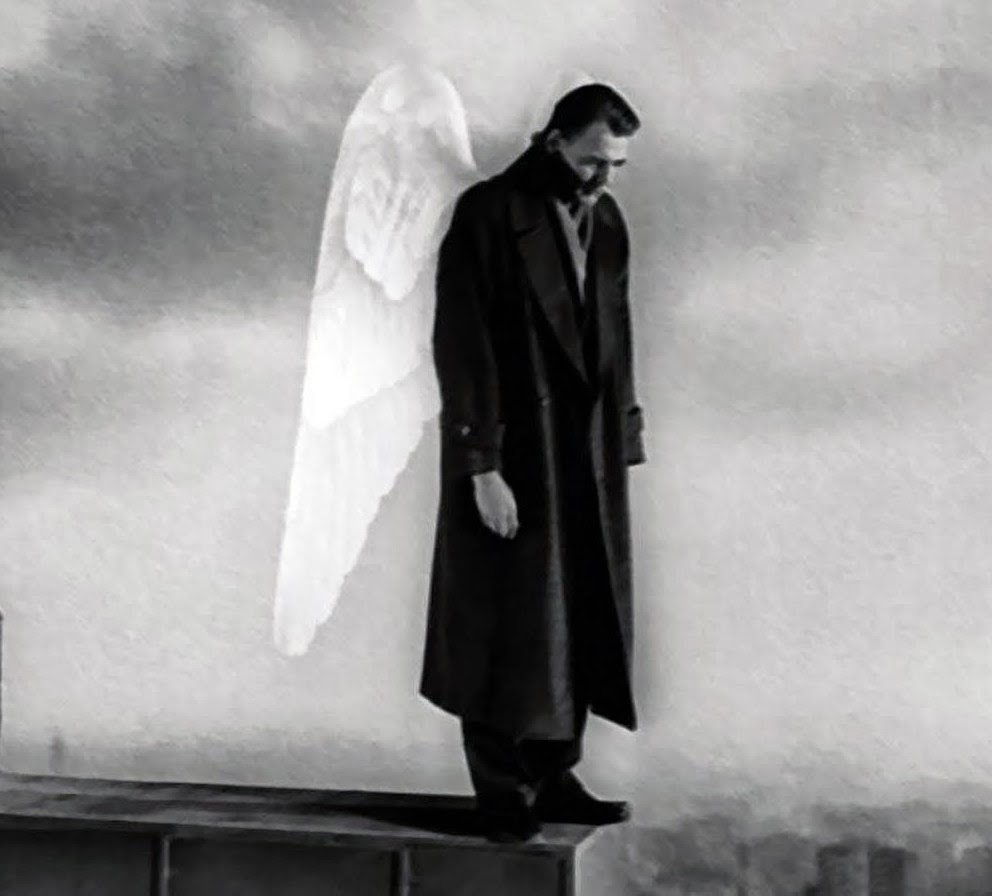Happy St Patrick's Day! Especially to all my Irish and Celtic descendent readers. Attached an extract from my new book about the great Celtic gift to the world - Confession!
Love
Peter
From
the 6th century onwards, for reasons which commentators find hard to
explain, in the Celtic lands of Britain and Ireland a new form of penance and
confession arose.[1]
Various commentators have presented theories as to why from this period onwards
individual personalised confession and absolution took hold amongst these
peoples. As Dallen points out, however, there were significant differences
between monastic confession as it arose in the British Isles during these early
centuries and what would later be accepted by the Western Church at the Fourth
Lateran Council as the universal practice of personal confession. Both held in
common that there was a ‘tariff’ by which the ‘amount of sin’ could be measured
out and penance given. However the Celts had no ritual in their system to mark
the penitent’s return to grace within the church (Dallen 1991:103). For Dallen,
the Celts and Anglo-Saxons had ‘a fear and anxiety regarding the supernatural’
which ‘expressed itself in a preoccupation with demons and fairies and the
like’ (Dallen 1991:103). Which, to this (Celtic origin) reader at least, seems
a bit far-fetched. A little more convincing, as Dallen concurs, is the
suggestion of the influence of the desert tradition of spiritual direction,
which we examined in the previous chapter, on the practices and shape of the
Celtic church.
Accepting that the Celtic church was focussed
largely upon monastic foundations and that the desert form of individual
spiritual direction was prevalent there it is accordingly not so difficult to explain
the origins of this form of confession as an outgrowth of spiritual direction
as practised amongst these monastic communities. The clear links between the
Celtic and Eastern churches, not least geographical through shared sea routes, and
the ongoing tradition of the East to allow Christian leaders other than
Bishops, in some cases lay-people and monks, to give forgiveness to sins (See
Rahner 1969: 394), suggests that something of this Eastern spirit was clearly
abroad in the Celtic church. This new Celtic form of forgiveness of sins, or
absolution, was not confined to one specific occasion, or indeed one specific
season such as Lent, and could be uttered by a priest or monk using a simple
verbal formula (Rahner 1983:14). By the eighth century it is clear that this
new form of ‘private’ confession with its accompanying tariff of penances had
spread throughout the whole of Western Europe slowly replacing the more public
penances of the older tradition.
[1]
Within a generation of Augustine’s death St Patrick will write an influential confessio, thus attesting to the early
love of the form in the Celtic lands. I am indebted to Bernard McGinn to
drawing this to my attention.


No comments:
Post a Comment